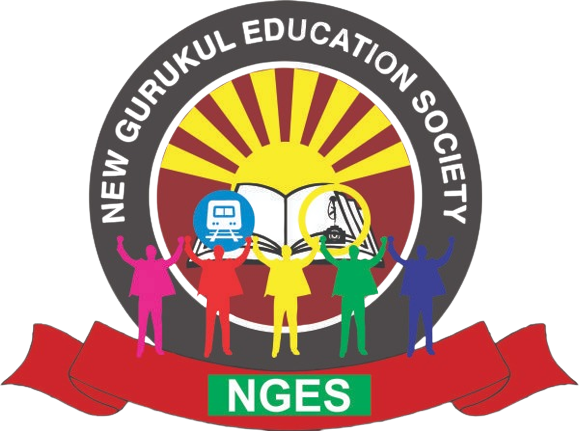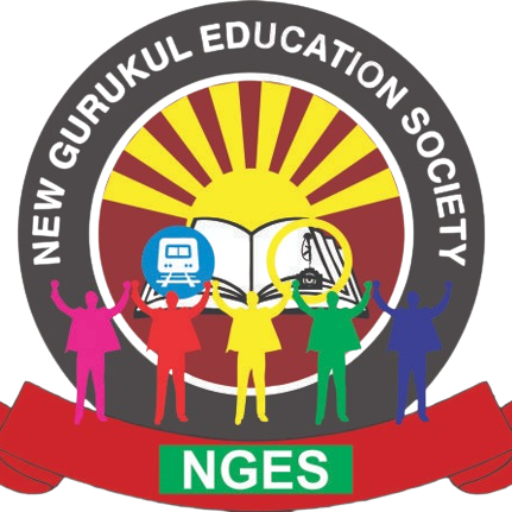FICSI RPL PMKVY 4.0
Under the Pradhan Mantri Kaushal Vikas Yojana (PMKVY) 4.0, the Food Industry Capacity & Skill Initiative (FICSI) is driving a revolutionary program called Recognition of Prior Learning (RPL). This initiative aims to formally acknowledge the skills of individuals who have gained expertise through experience or informal learning in the food processing industry. By validating and certifying these skills, FICSI’s RPL program enhances employability, encourages skill upgradation, and boosts career growth within this vital sector.
What is Recognition of Prior Learning (RPL)?
RPL is a component of PMKVY 4.0 that focuses on recognizing and certifying the skills acquired by individuals through their work experience or informal means, without formal training. This helps skilled workers, often from marginalized or rural backgrounds, validate their capabilities and become eligible for better job opportunities, higher wages, and career advancements.
Key Objectives of FICSI RPL PMKVY 4.0
- Certification of Existing Skills: Recognize and certify the practical skills that individuals have developed over time in the food processing industry.
- Skill Enhancement: Offer bridge training and knowledge updates to improve the skills of workers, aligning them with the latest industry standards.
- Increased Employability: Improve access to formal job opportunities, career progression, and higher salaries for certified workers.
- Promote Lifelong Learning: Encourage a culture of continuous learning and skill development among workers.
FICSI’s Role in RPL Under PMKVY 4.0
FICSI plays a crucial role in conducting RPL programs across the food processing sector. It partners with industry experts, training centers, and government bodies to assess, certify, and upskill workers, creating a stronger and more competent workforce.
- Sectoral Focus: FICSI targets specific job roles within the food processing industry, including:
- Bakers and Confectioners
- Dairy Technicians
- Meat and Poultry Processing Workers
- Food Quality Analysts
- Packaging Technicians
- Cold Chain Operators
- Skill Assessment and Certification:
- Workers with relevant experience undergo a systematic skill assessment based on the National Skills Qualification Framework (NSQF) standards.
- Upon successful assessment, participants are awarded certificates, enhancing their credentials in the job market.
- Bridge Training:
- FICSI offers short-term training modules that bridge any knowledge gaps and help workers learn new techniques or industry advancements, ensuring they stay competitive and up-to-date with sector requirements.
- Job Role Mapping:
- RPL under FICSI identifies job roles and maps existing worker competencies, aligning them with formal industry standards to improve productivity and efficiency in the food processing sector.
Benefits of FICSI RPL PMKVY 4.0
- For Workers:
- Formal Recognition: Workers gain formal acknowledgment of their existing skills, allowing them to access better job opportunities and wages.
- Career Progression: With certification, workers become eligible for promotions, career advancements, and additional responsibilities.
- Skill Upgradation: Access to bridge training helps workers stay updated with the latest industry standards and technologies.
- Government Support: As part of the PMKVY 4.0 initiative, workers receive government-sponsored training and certification, making the process affordable and accessible.
- For Employers:
- Skilled Workforce: By certifying and upskilling their workforce, companies benefit from improved productivity, higher-quality output, and operational efficiency.
- Compliance and Standards: Employers ensure that their workforce adheres to national and international quality and safety standards, enhancing their competitiveness in the global market.
- For the Food Processing Industry:
- Bridging Skill Gaps: The RPL program addresses skill gaps within the food processing sector, ensuring that the workforce is equipped with the right knowledge and skills.
- Economic Growth: A skilled workforce contributes to increased productivity and growth within the industry, leading to job creation and economic development.
How FICSI RPL PMKVY 4.0 Works
- Mobilization: FICSI, in collaboration with various stakeholders, identifies and mobilizes eligible workers for the RPL program.
- Counseling: Participants receive career counseling, guidance on the certification process, and an understanding of the benefits of formal certification.
- Skill Assessment: A thorough evaluation of the participants’ skills is conducted by certified assessors as per NSQF standards.
- Certification: Successful candidates receive a government-recognized certificate, verifying their competency in the designated job role.
- Post-Certification Benefits: Certified candidates may receive placement assistance, career counseling, and access to further skill development programs.
FICSI RPL’s Alignment with National Goals
FICSI’s RPL program under PMKVY 4.0 directly supports the Government of India’s Skill India Mission, which aims to upskill and certify millions of Indian workers across sectors. It aligns with key national priorities such as:
- Increasing Employment Opportunities: By formalizing the skills of the existing workforce, the program contributes to improved employment prospects.
- Promoting Inclusive Growth: The program ensures that workers from rural, underprivileged, and informal sectors are included in the economic growth narrative by making them more employable.
- Improving Industry Standards: By certifying skills, the program raises the overall standards within the food processing industry, making it globally competitive.
How to Participate in FICSI RPL PMKVY 4.0
- Eligibility: The RPL program is open to individuals who have relevant work experience in the food processing industry but lack formal certification.
- How to Apply: Interested individuals or employers can apply through the official FICSI website or contact authorized training centers to enroll in the program.
- Next Steps: Participants will undergo a skills assessment and training (if necessary), leading to certification and potential career advancement.

